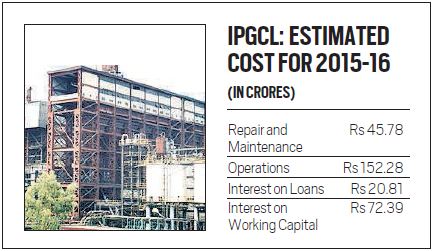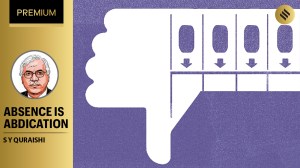Crumbling Rajghat plant has little left to salvage
The RPH completed its useful life of 25 years in May and once depreciated up to 90 per cent at the end of useful life, will heap more burden on IPGCL.
While the Delhi government is likely to furnish a letter of comfort to the Indraprastha Power Generation Company Ltd (IPGCL), the firm in recent times has said that “being relatively old in age”, it “cannot achieve the approved technical and financial parameters”.
The IPGCL, which is completely owned by the Delhi government, has three power plants. Out of these two are operational — Rajghat Power House (RPH) and Gas Turbine Power Station (GTPS). Indraprastha Power Station is closed and under disposal. The Rajghat plant is also meant to be closed down in the near future, due to “environmental constraints”.
[related-post]
Being in a state of financial crunch, the IPGCL has also submitted to the DERC that is cutting “corners on employee cost”. With archaic facilities and the age of the plants, the company has been forced to spend more on repair and maintenance expenditure.
 The RPH completed its useful life of 25 years in May and once depreciated up to 90 per cent at the end of useful life, will heap more burden on IPGCL.
The RPH completed its useful life of 25 years in May and once depreciated up to 90 per cent at the end of useful life, will heap more burden on IPGCL.
“In view of its proposed closure, no major repair and maintenance activities are being undertaken and only need-based maintenance is being carried out,” the IPGCL has told the regulatory commission.
The other issue faced the company is environmental constraints — a Delhi Pollution Control Committee order wants a overhaul of two of its unit. This means installation of a new boiler, turbine and online pollution control system, adding further to the operation cost of the station and “unavoidable capital expenditure to meet the environmental norms”.













